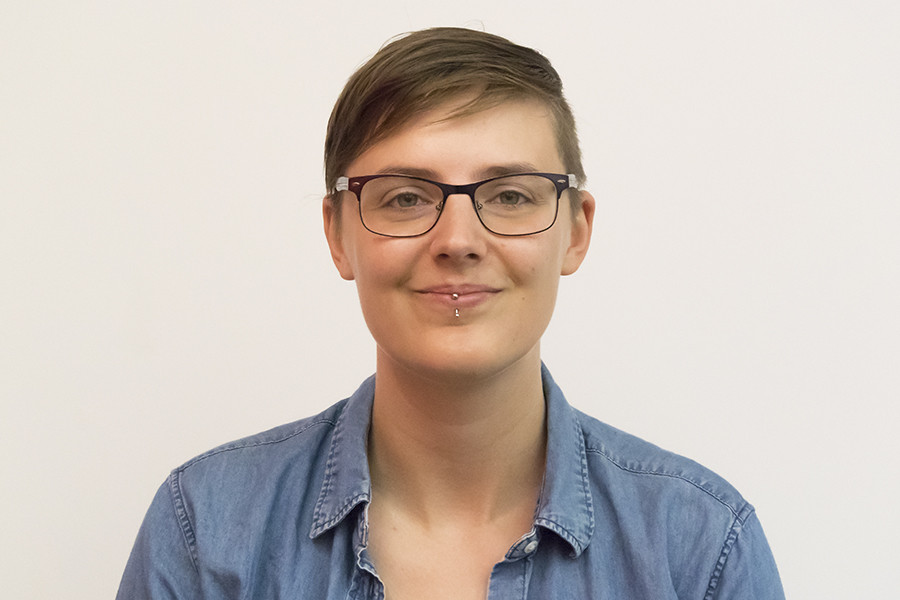Steinhardt poor treatment, hidden fees, must end
September 23, 2015
NYU Steinhardt was founded, as Dean Dominic Brewer said, to be “the first School of Pedagogy at an American university.” Its stated goal was to raise the “art of teaching to the same dignified plane as the professions of law and medicine.”
Unfortunately the university has never achieved this goal.
Even though doctoral students at Steinhardt do comparable work to their colleagues at the Graduate School of Arts and Science—often taking the same classes, meeting with the same advisors and writing for the same journals—we face vast financial inequities. Because of Steinhardt’s unique mixture of fellowship and scholarship years, doctoral students in their third year and beyond must pay for health insurance, tuition and fees out of pocket, all of which payments which GSAS PhD students do not encounter until their sixth or seventh year of study. Although recruited on the promise of a full ride package, we often encounter considerable financial precarity due to these hidden fees.
By far the most insulting part of Steinhardt’s fee structure is the one-credit advisement course we are required to enroll in and pay for each fall and spring semester after our real coursework is over. These advisement courses are courses in name only; they are not part of the academic credit requirement of graduation, and, in many departments, they are not even taught. Some of us must organize and run our own departmental colloquia to meet the requirements of this sham course—work we essentially pay the university to perform ourselves. Alternatively, other departments simply charge this fee without offering any kind of instruction. This arrangement is exploitative and disrespectful to us, both as teachers and as workers.
As a result, PhD students at Steinhardt can expect to pay $4,016 in extra costs this year, not including the additional expense of health insurance. These are fees our colleagues at GSAS do not face, establishing a serious inequity between the schools.
Our work and research has long been undervalued, both financially and professionally, both at NYU and in the country as a whole. Not coincidentally, our work is overwhelmingly conducted by women. This trend was established in the 19th century, partly to expand the public school system at low cost because women could be paid less than men. Policies which continue to underpay and undervalue education and applied public pursuits only exacerbate this ugly legacy.
So happy 125th birthday, Steinhardt. Maybe this will be the year we actually live up to our founder’s vision. Getting there, however, will require substantial changes to the funding structures within Steinhardt, as well as the ways in which resources are distributed between the schools at NYU. We hope this more candid assessment will set a better tone for the new academic year: one that demands more of our university, its administrators and its history.
Opinions expressed on the editorial pages are not necessarily those of WSN, and our publication of opinions is not an endorsement of them.
Email the authors at [email protected].










































































































































